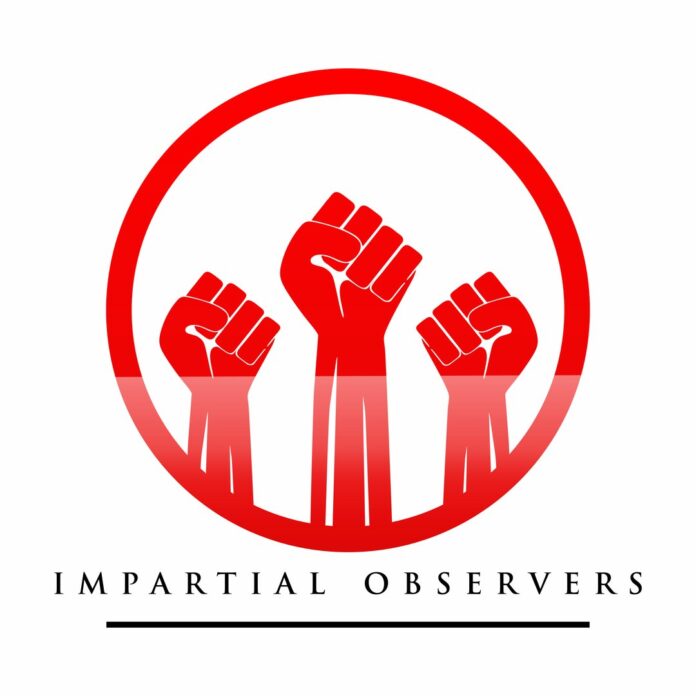By: Daure David, Political Correspondence
A public apology issued by Farooq Kperogi a renowned columnist, lecturer and social critic based in Atlanta United State has ignited widespread discourse within Nigeria’s intellectual and political circles. In a statement published on July 20, Kperogi offered an unreserved apology to former First Lady Mrs. Aisha Buhari, following backlash over a controversial Facebook post made on July 16 titled “Aisha Buhari, Divorce, and Forgiveness Claim.”
In his deeply personal statement, Kperogi admitted to a lapse in judgment, stating that while his source was reliable, the public dissemination of sensitive information was inappropriate and ethically flawed. “Not every well-sourced information is for public consumption,” he wrote, emphasizing that the pain caused to Mrs. Buhari and her associates outweighed the factual relevance of the post.
He further referenced former SSA on Public Affairs, Alhaji Sani Zorro, who conveyed Mrs. Buhari’s position that her marriage remained intact asserting that the former First Lady holds the ultimate authority over her personal truth.
Meanwhile, in reaction to the incident, some political analysts have used the apology to highlight what they describe as “a growing disconnect between intellectual attainment and personal integrity.” They argue that certain public commentators and academics fail to embody the ethical standards expected of their positions. One analyst remarked, “Education must reflect in character. Intellectuals should not become architects of misinformation or emotional harm.”
The apology has sparked intense debate across social media and public forums. While some praised Kperogi’s transparency and humility, others criticized the initial breach of privacy as reflective of deeper issues within elite discourse.
The development also raises urgent questions about journalistic ethics, online commentary boundaries, and the responsibilities that come with influence. As Nigeria continues to navigate an evolving information landscape, voices from academia and media are being called to higher standards of discretion and humanity.
The incident may prove to be a watershed moment for Nigerian intellectual culture reminding scholars, journalists, and commentators that integrity, empathy, and restraint remain the pillars of responsible public engagement.







